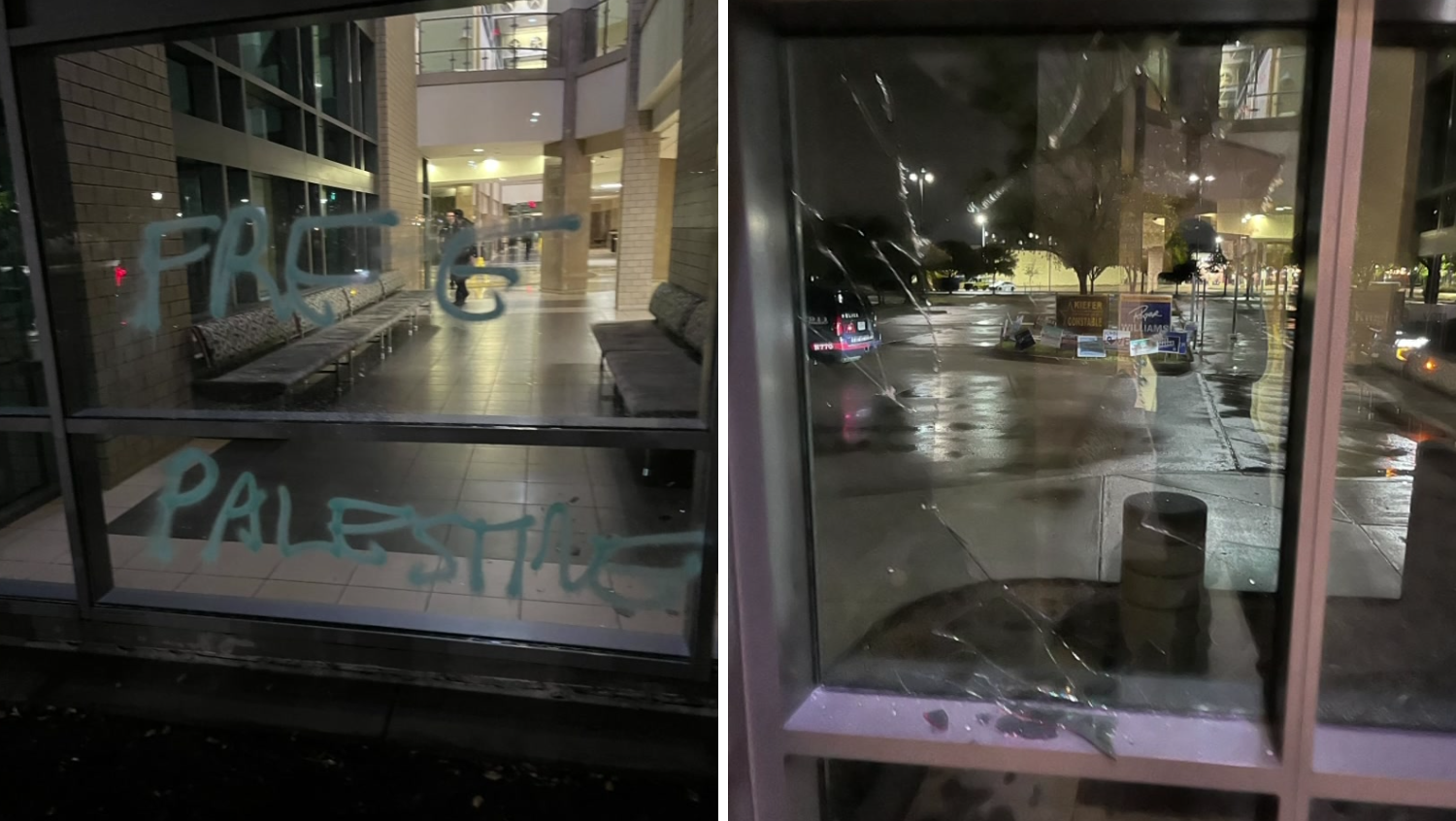Dallas Police have seen an increase in calls for people experiencing mental distress and other social service dilemmas. Soon, members of the city’s Crisis Intervention Team will be equipped to respond alongside officers.
On Tuesday, members of the CIT responded to mock scenarios in a controlled environment.
Kevin Oden is Interim Director for the Office of Integrated Public Safety Solutions. He said every storyline during the training sessions mirrors real-life situations.
ln 2014 Dallas Police responded to a call from a woman whose son was mentally ill and had a screwdriver in his hand. That screwdriver, Oden said, was a stimulant. The man, identified as Jason Harrison, refused to put down the screwdriver. Police said he acted aggressively and he was shot and killed by responding officers.
Get top local stories in DFW delivered to you every morning. Sign up for NBC DFW's News Headlines newsletter.
Oden said calls for extreme behavioral health, food security and other social service needs have increased.
“Every single day the police department responds to dozens if not hundreds of calls for service that are focused on those needs,” he said.
It’s why members of the Crisis Intervention Team are training to respond alongside police. They’re unarmed civilians with knowledge of mental health, social service resources and de-escalation tactics.
Local
The latest news from around North Texas.
Each of the Dallas Police Department’s seven divisions will be assigned two CIT members. CIT members will respond on a “referral” basis, meaning officers will request CIT members at the scene.
CIT member Antonia Altman is with the Dallas Police North Central division.
“It’s already a high stakes situation,” Altman said. “So being able to get someone to come in who’s not in uniform who is a like a normal civilian, that would bring that person’s anxiety down, they are more willing to talk, to communicate.”
With CIT members on the streets, police also expect to improve 911 response times.
In the fall of 2021, it took police an average of 8 minutes and 12 seconds to arrive at the scene of a dispatched call for the most serious category of crimes. That was an increase of 26 seconds from the previous year.
“We anticipate we are going to be able to better respond to all of our priority ones, our violent type crimes a lot faster than we are today,” said DPD 911 Administrator, Robert Uribe.
Ultimately, both members and trainers said it’s about having the appropriate response to very specific needs.
The program is expected to launch next month at Dallas’ North Central Station. They’ll spend roughly three months acclimating there before expanding to the other six divisions.
For more information on the City of Dallas Office of Integrated Public Safety Solutions, visit https://dallascityhall.com/departments/OIPSS/Pages/default.aspx



